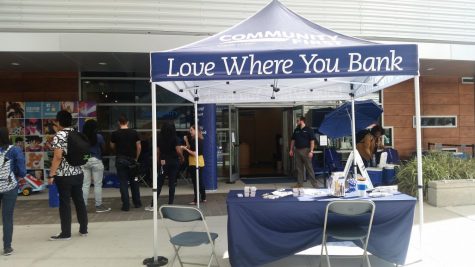
Community First tent at UNF
There are few matters more pressing to college students than that of money, and having easy access to what (probably little) funds you have will become increasingly important the more you spend time on campus.
That’s why UNF offers various banking vendors on campus; between the campus branch of Community First Credit Union and the Automated Teller Machines (ATMs) in the Business Services building, students have the availability to get their money when they need it.
But how do the banking contracts work?
According to an article Spinnaker published when Community First initially came to campus in 2009, UNF sent out bidding opportunities to various banking institutions, including Community First, Wachovia, VyStar, Bank of America and Regions. This bidding opportunity is also called a “public invitation,” and allows banks to offer negotiation proposals in order to rent out the available banking space on campus.
However, Community First Credit Union was the only one to send in a bid, rendering them the immediate winner of the place on campus. Even if another bank had placed a bid, UNF isn’t large enough to host more than one bank at a time.
“We’re so small, we don’t really have space for another [bank],” said Tully Burnett, the director of Business Services at UNF. “Having two banks would make it hard to break even from a financial perspective.”
According to Burnett, Community First pays about $11,000 to $12,000 a month in rent, though this price could be subject to a ½ – 2 percent increase a year depending on the consumer price index.
Community First also pays $26,000 annually in order to be “exclusive” on campus.
The contract with Community First Credit Union is for a 10-year term, which reportedly expires on June 30, 2019. At the time that this agreement expires, UNF will put out another public invitation, meaning a new bank could challenge Community First’s current standing and swoop in to take their place.
“The challenge we had is that not everyone is going to use Community First, so students, faculty, and staff had to pay the foreign transaction fee,” Burnett explained. “So what we tried to do was get as many of the major banks as possible to put an ATM on campus.”
Obtaining ATMs was not done by public invitation, as the Community First agreement was.
The banks that have ATMs on campus reached an agreement with UNF because of the overall population of students and staff that are their customers. According to Burnett, 88 percent of the people on campus are represented by the available ATMs.
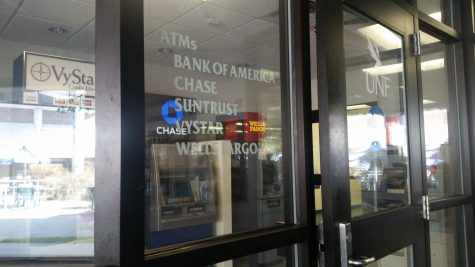
The ATMs available on campus
These machines were reportedly provided to UNF at no cost. The banks pay for the initial installation and, in exchange, UNF does not charge the banks themselves rent for the space they take up.
It can, however, be expensive for the banks to operate and service the machines. Each ATM itself can reportedly cost $25,000 to $30,000 a piece, not including maintenance, which is another reason UNF chose not to charge the banks themselves.
UNF may not generate any revenue from the ATMs, but money obtained from the agreement with Community First Credit Union does go into a net fund. According to Burnett, this money is pooled together from various other business that also leases space on campus.
The money is generally allocated to wherever the University needs it to go, though in recent years it has been used to fund a program called “Osprey Eyes,” which hires students to act as secret shoppers and ensure the quality of campus businesses.
“[The money] all goes back into the campus one way or another,” Burnett affirmed.
A list of all ATMs and their locations on campus can be found here.
—
For more information or news tips, or if you see an error in this story or have any compliments or concerns, contact editor@unfspinnaker.com.








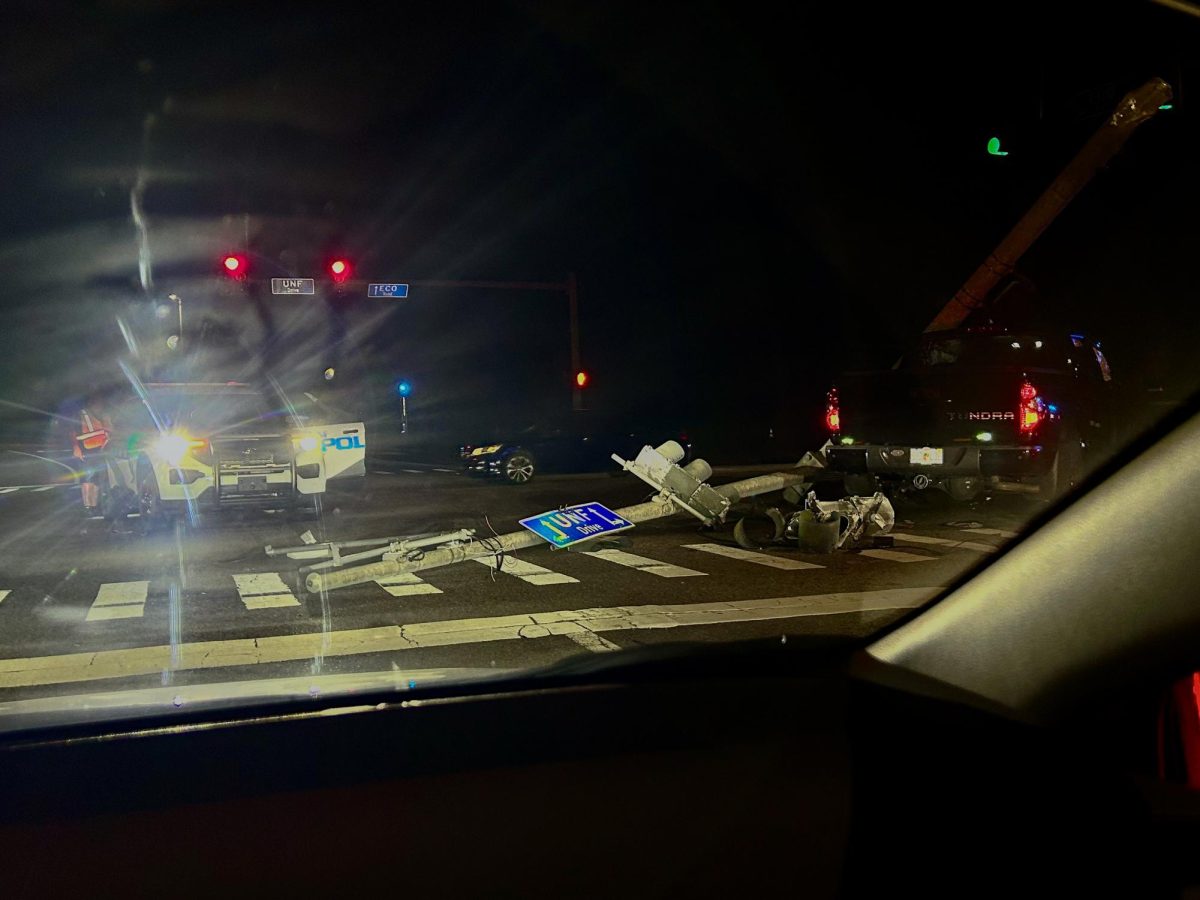

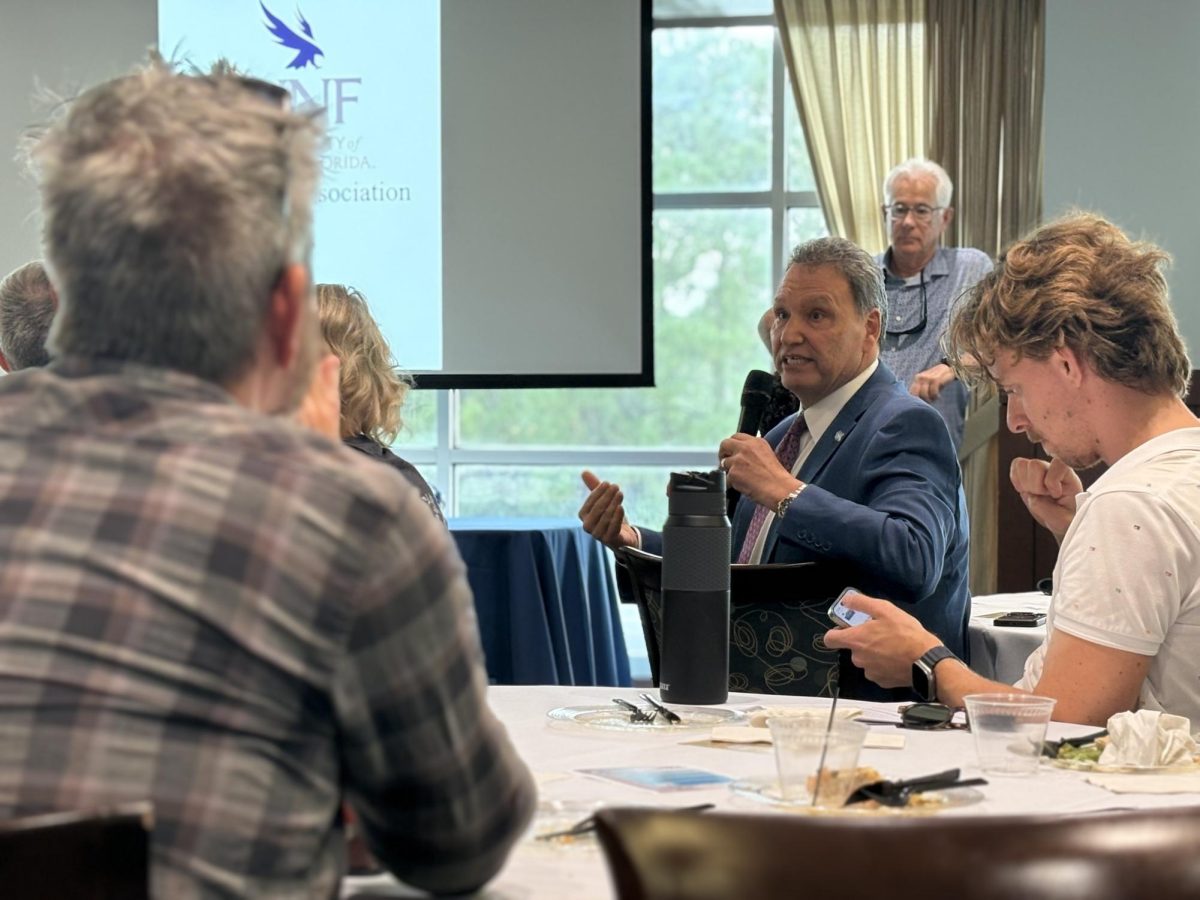

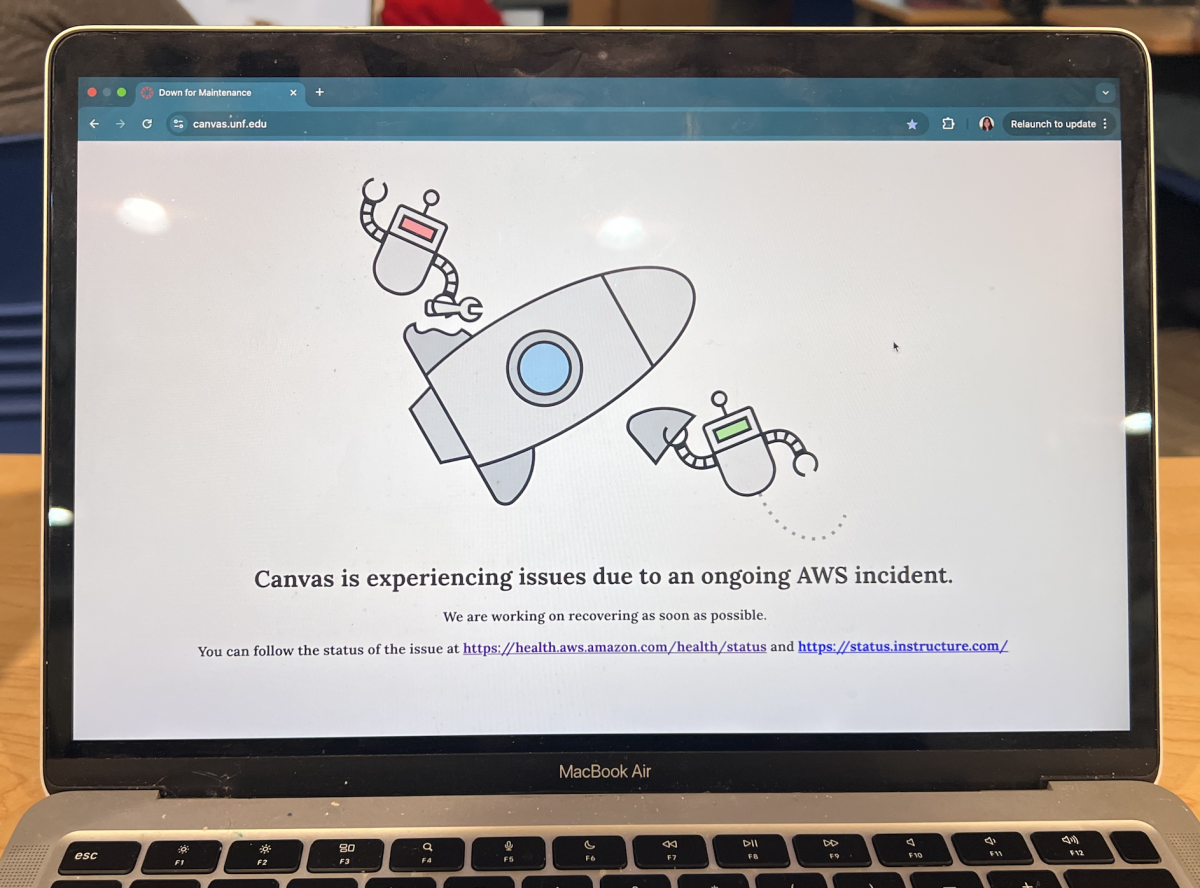


Tully Burnett | Feb 9, 2018 at 10:52 pm
One clarification. CFCU pays $1100 to $1200 per month for space rental.